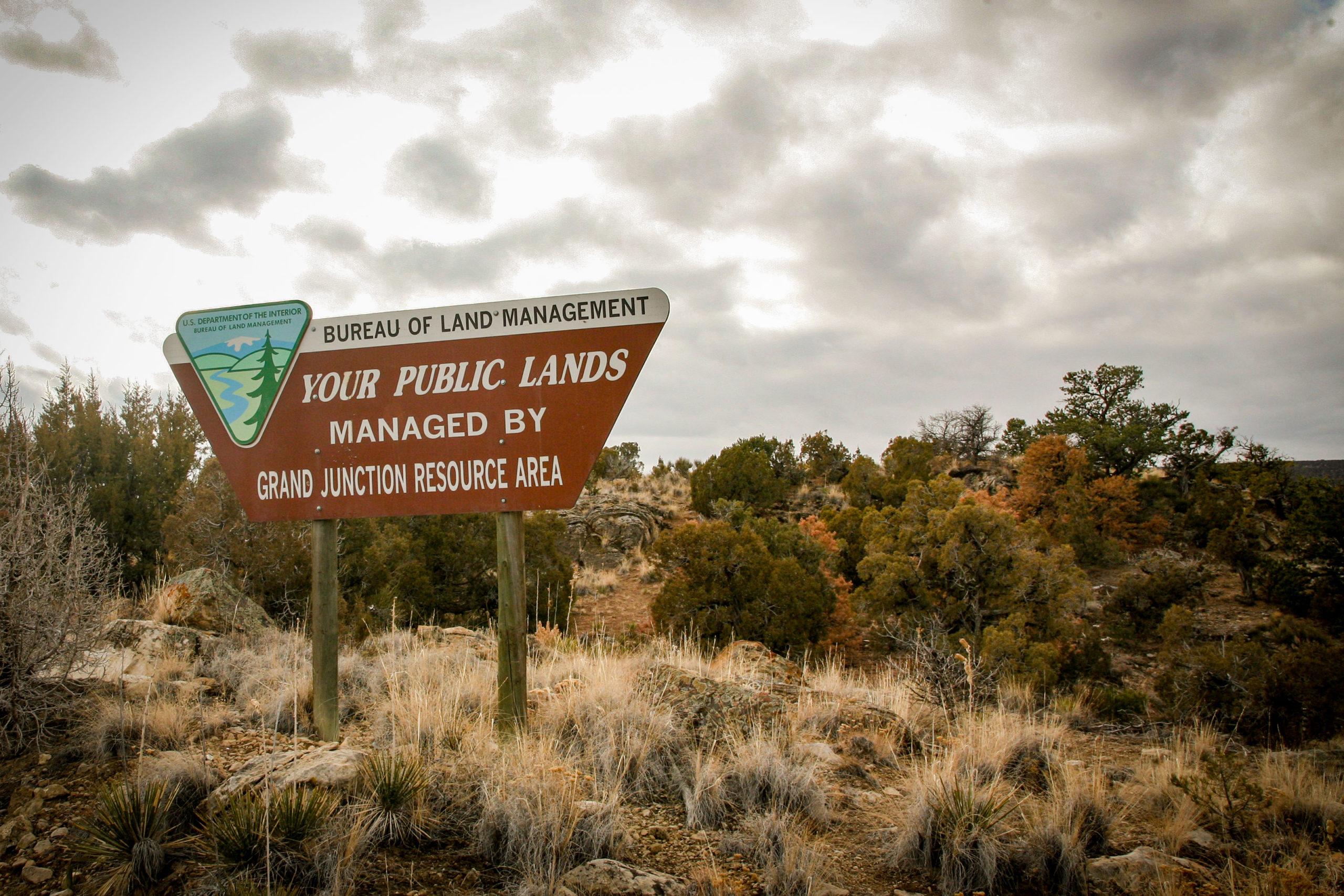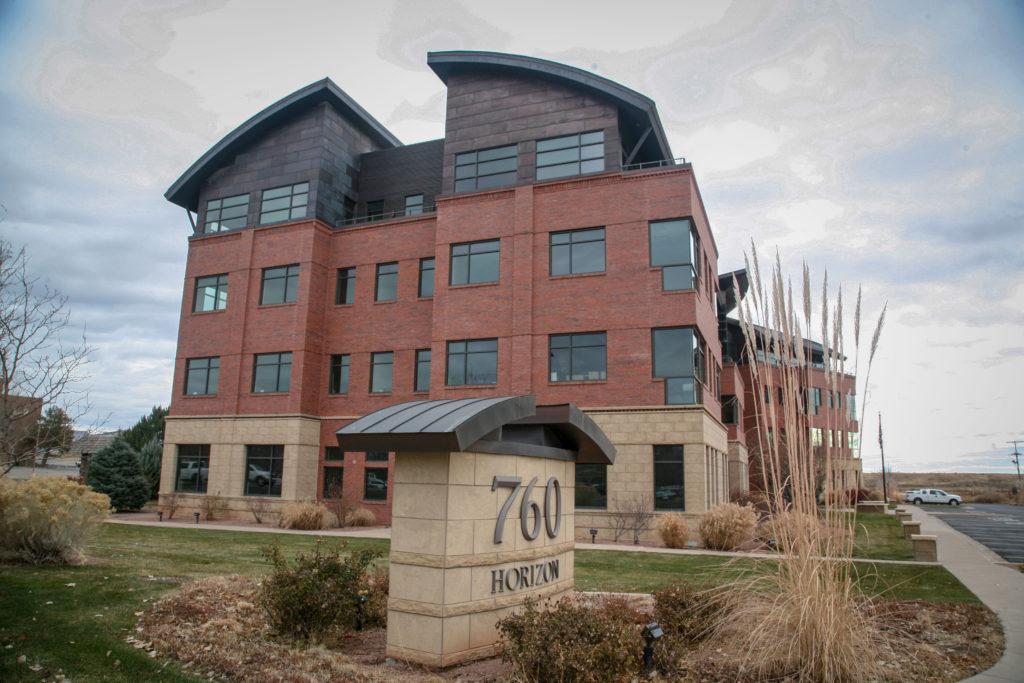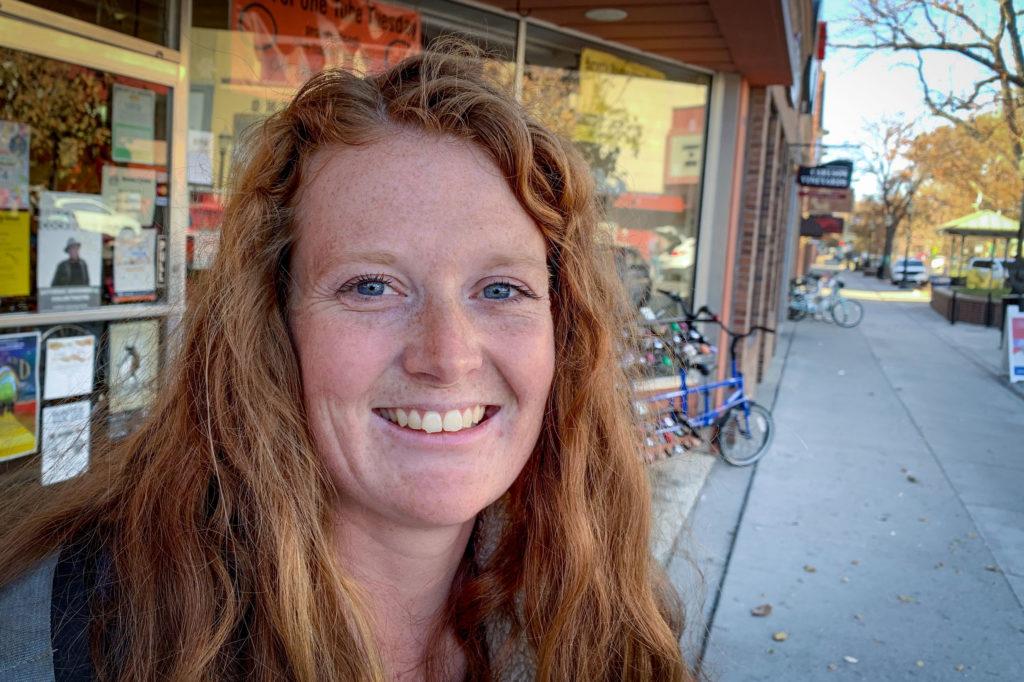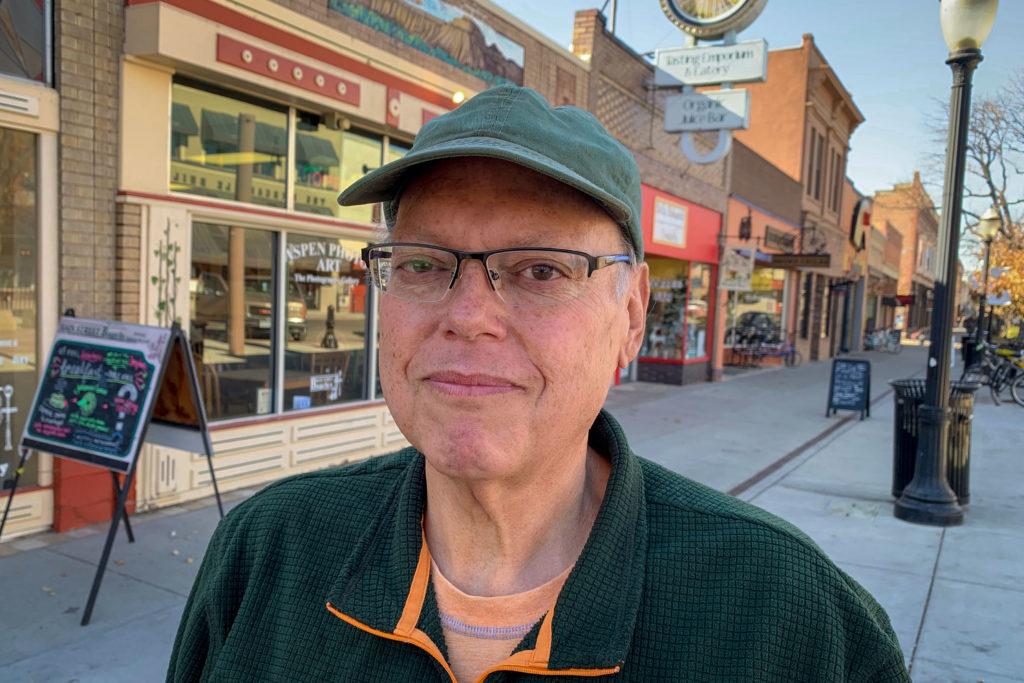
The deadline for nearly 200 high-level federal employees to tell the Bureau of Land Management whether they’ll follow orders and move out of Washington, D.C., and into the American West is Dec. 12. That includes the headquarters move to the small, high-desert city of Grand Junction.
Though the Department of the Interior has not announced how many staff members have notified the agency of their intent to move, multiple news outlets have quoted anonymous sources within the department who say few career staffers plan to take their new posts.
When the push to move the BLM headquarters west started to ramp up about a year ago, it was presented as a hopeful idea, not a political divider. Now the large-scale restructuring has become sharply divisive along party lines.
In an ad from last November, Democratic Sen. Michael Bennet smiles alongside Republican Sen. Cory Gardner as they ask Secretary David Bernhardt to choose Grand Junction as the BLM’s new home. The pair extolled Mesa County’s vast public lands and the front-row seat to the Colorado River.
Then, as whimsical music swells, they say in unison: “It all comes together here in Grand Junction, Colorado.”
Many former BLM staff remain unconvinced.
“I think it’s nonsense,” Bob Moore said, with a laugh.
Moore, who worked at the BLM for 40 years and retired as its state director, has heard talk of moving the agency for decades. But talk was all it was. Until now.
At a time when there’s been an unprecedented focus on energy production from the Trump administration, he sees the moves as part of a larger agenda that worries him as areas are opened up to oil and gas leasing that were previously deemed too sensitive.
“The fewer BLM employees they have in Washington, the simpler it is for the political appointees in Washington to make those kinds of decisions,” he said.
But in Grand Junction, soon to be home to more than two dozen BLM top-level employees, many local leaders want to keep politics out of it. Robin Brown, head of Grand Junction Economic Partnership, has been part of the push to get the BLM to her town since the Obama administration.

“It’s disappointing that it’s become such a partisan issue and that it’s become a tool for each of the sides to beat each other up over, when it never started out that way,” she said.
Former and current Govs. John Hickenlooper and Jared Polis, both Democrats, support the move. But as this has gone from a pipe dream to near-reality, outside of Colorado, more and more prominent Democrats have questioned it, while more and more Republicans have championed it. When the BLM leased office space in the same building as oil and gas companies, opponents of the move cried foul. But Robin Brown thinks that misses the point.
“Because we want the BLM employees and the BLM directors and the people making land policy decisions to know our oil and gas companies,” she said. “We also want them to know our ranchers and we want them to know our mountain bikers and we want them to know all of the users of the land and understand how we all operate.”
The Public Lands Foundation, made up of current and former BLM employees, opposes the move. They argue most of the BLM’s D.C. staff have already spent time in the West anyway. Thirty retired senior BLM leaders have also voiced their opposition to the move in a letter sent to Interior Secretary Bernhardt.
Along Main Street, Grand Junction, however, it’s hard to find anyone who doesn’t find landing the headquarters exciting. Brooke Mecham, a recent transplant from Tennessee, hadn’t even heard about the relocation.

“I think it’s awesome,” she said with a shocked laugh.
Mecham is a former Forest Service employee and she sees both sides of the move argument. On one hand, it’s important to have staff in Washington, D.C., close to where legislation is drafted.
“But I think it's hard to be a public land advocate if you're not on the public land,” she said.
Mark Jazo, a visitor from nearby Monticello, Utah, agreed. He’s heard his neighbors — mostly ranchers — say that don’t feel the BLM understands them.
“And it causes a lot of aggravation when people feel they aren’t being listened to,” he said.
Jazo thinks these changes will help them feel heard. He’s also a former federal employee and has felt the divide between Washington and the West from both sides.

He used to live in D.C. and said it has “great views, great food, great coffee. But getting down here [to Junction and the West] is where the action is. This is the root level. This is where it needs to happen.”
Still, to environmentalists like Sarah McCarthy, the move “sure does look like a political ruse.” McCarthy doesn’t trust the men behind the move — President Donald Trump’s appointees at the Interior Department.
“All of these actors who have time and time again fought for the extraction of oil and gas for development on public lands and not for protection of public lands,” she said.
As a Grand Junction native, she at least understands why so many locals welcome the move. And she’s still hopeful that the bureau employees who do come here make the most of their new home.
“Let the people come to you,” she said. “You know, if you’re going to be here on the ground, be on the ground, not just holed up in an office.”
Editor's Note: An earlier version of this story and its headline gave an incorrect date for when BLM employees must tell the agency whether they will accept transfers. The deadlines is Dec. 12.








